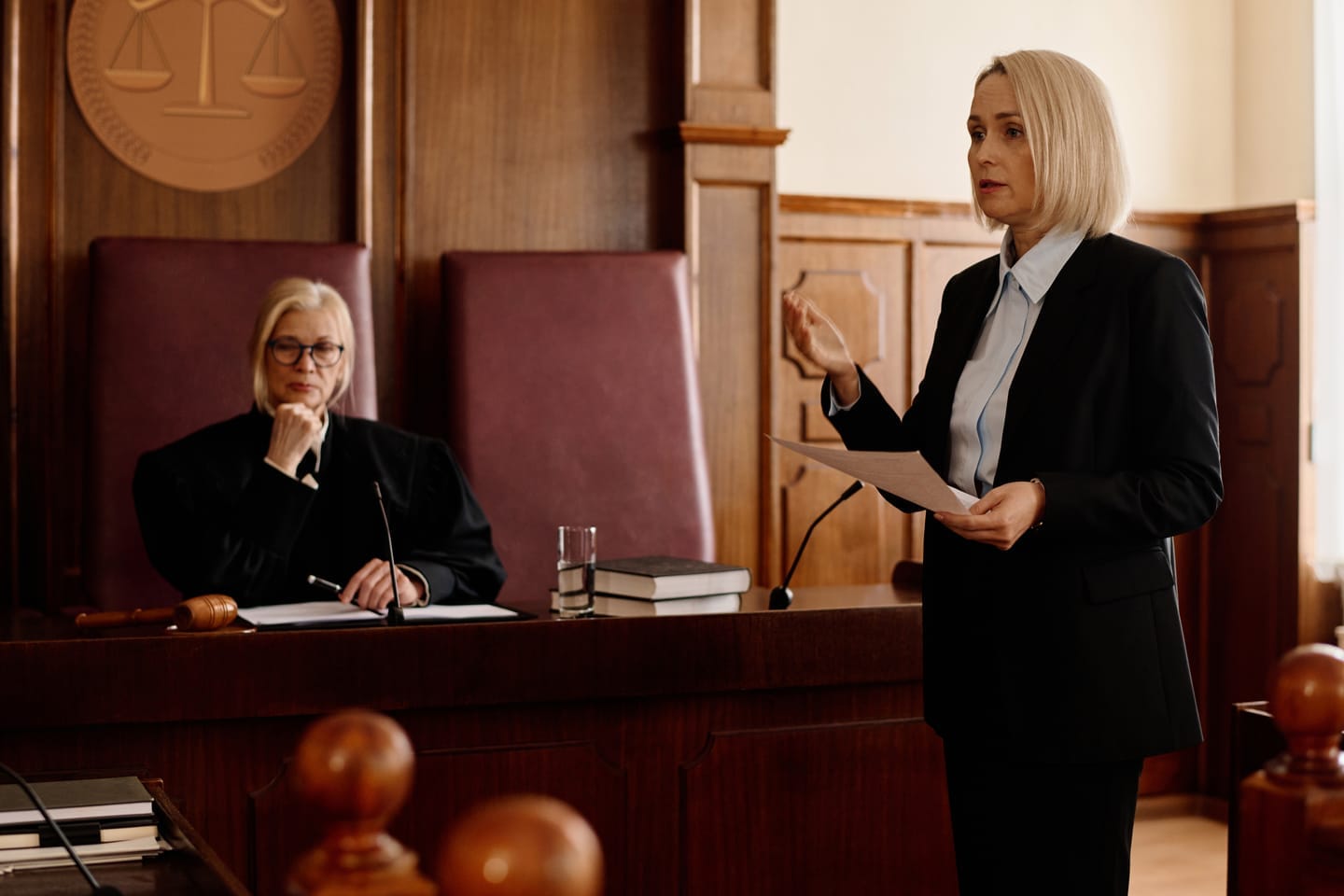Thomson Reuters achieved a significant victory in a landmark copyright lawsuit on February 11, 2025, when the Delaware District Court rejected ROSS Intelligence's defense in the case of unauthorized AI data use.
The lawsuit, initiated in 2020, centered on whether ROSS Intelligence legally used content from Thomson Reuters' Westlaw platform to develop its own AI-based legal search service. The decision by Judge Stephanos Bibas determined that ROSS Intelligence could not rely on the fair use doctrine when using materials from the Westlaw legal platform to train its own AI model. The court identified the unauthorized use of 2,243 Westlaw legal summaries, highlighting that even verbatim quotations are the result of creative selection, as the judge put it: a sculptor creates his statue by cutting away from marble.
The court examined four factors in determining fair use, of which the fourth proved to be of decisive importance: this analyzes the effect on the potential market for the copyrighted work. The judge found that the purpose of ROSS Intelligence's product was to compete with Westlaw in the market directly, and moreover, the unauthorized use limited Thomson Reuters' ability to sell Westlaw summaries as AI training data to other parties. The court emphasized that although two of the four factors favored ROSS Intelligence, examining market impact carried significant weight, tipping the balance toward Thomson Reuters.
The ruling could have significant consequences for ongoing AI copyright lawsuits, particularly regarding the assessment of fair use. The judgment made it clear that direct copying between competitors, even if done for AI development purposes, does not enjoy protection under copyright law if it adversely affects the original work owner's market opportunities or potential licensing revenues.
Sources:













